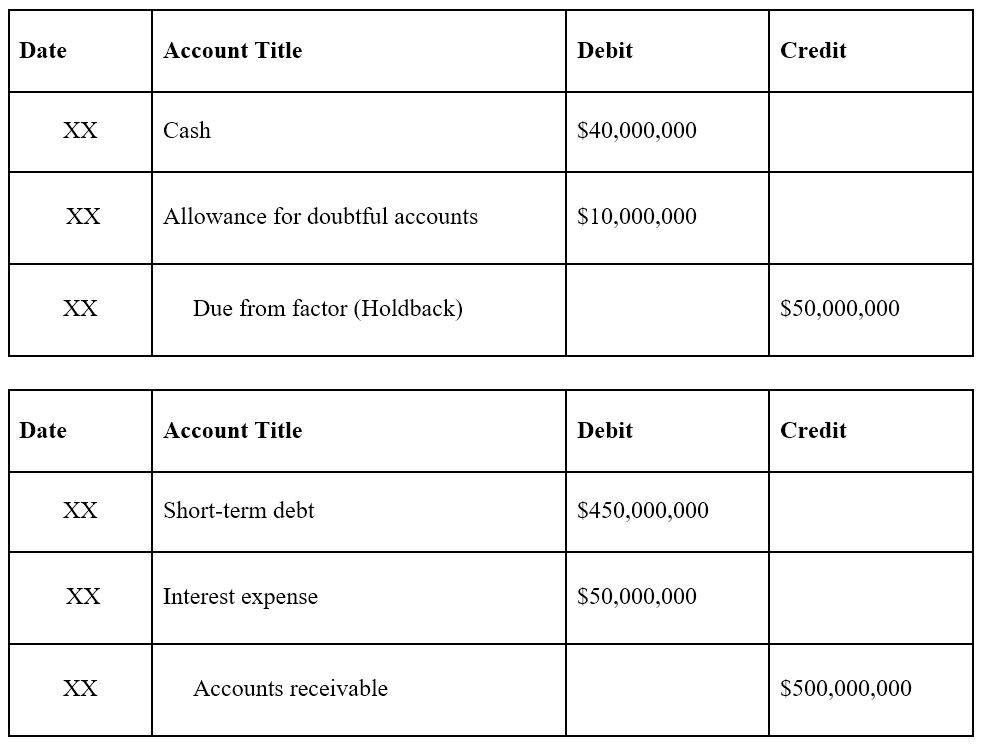
Reasonable monthly pricing makes FreshBooks an affordable option for self-employed and freelance workers. Like QuickBooks, FreshBooks offers a free 30-day trial of its product or the option to receive a discounted price for the first several months. Although QuickBooks Online is a great cloud-based accounting platform, it isn’t the only one. QuickBooks Online is available in many countries around the world.
QuickBooks Online Payroll Pricing FAQs

You can move up and down between QuickBooks Online plans (Simple Start, Essentials, Plus and Advanced) any time. We’ll migrate your data from Xero, Excel, MYOB or Reckon, so you’ll be up and running in no time. QuickBooks uses advanced security safeguards to keep your data stored securely in the cloud. QuickBooks recommends a plan based on the web pages you’ve interacted with and other data points.
The Complete QuickBooks Versions Comparison Guide
Here’s a complete breakdown of what’s included with each QuickBooks Online pricing plan. The biggest difference between Simple Start and Essentials is that Simple Start doesn’t allow you to pay and manage bills. This is inconvenient since even solopreneurs or freelancers have bills that need to be paid. However, if you only need to record expenses as you pay them, then Simple Start might be enough.
- The prices listed above apply to local access plans only; annual pricing rises with more users and cloud access.
- Advanced users receive better customer support through its Priority Circle membership.
- These hours can be added by the manager manually, though the employee in question can also be given permission to add their hours themselves.
- Cloud-based software operates entirely in the cloud (on the internet), whereas locally-installed software is downloaded and installed on a single, on-premise computer.
QuickBooks Live Bookkeeping
The software must have features that allow users to set sales tax rates, apply them to invoices, and enable users to pay sales tax liability. Advanced also removes the limitations on the number of classes, locations, and charts of accounts, making it ideal for businesses with a growing staff. It also has a batch invoicing and expense management feature, which is ideal for those who manage a large volume of invoices and expenses daily. Plus includes inventory accounting that allows you to monitor stock items and quantity—a necessity if you’re selling products. It also lets you update inventory costs and quantities, separate taxable from nontaxable items, and set up alerts if you’re running out of stock. Most importantly, Plus will separate the cost of your ending inventory from COGS using first-in, first-out (FIFO).

Tax Forms & Support
All of these small costs can add up, making your end bill higher than the predictable $30-$200/month fee. Simple Start is a good starting point for most small businesses, especially those that don’t need to enter bills, track billable hours, and manage projects and inventory. It includes payroll processing, which allows you to calculate and track payroll https://www.business-accounting.net/present-value-and-future-value-of-an-annuity-net/ taxes, and it lets you track assets and liabilities and use automated sales tax on invoices. Additionally, it enables you to record and track payments made to 1099 contractors. For businesses that prefer locally installed software, Sage offers a few different plan options with pricing that’s relatively comparable to QuickBooks Desktop pricing.

If your small business needs a payroll solution, be sure to add this cost to the regular QuickBooks Online monthly fee. Read our complete QuickBooks Online Payroll review for the details, and be sure to visit the QBO website to see if Intuit is running a QuickBooks payroll discount before buying. This includes the availability of integrations for payroll, time https://www.wave-accounting.net/ tracking, and receiving e-payments. We also evaluated whether an electronic bill pay integration was available. Customer service is evaluated based on the number of communication channels available, such as phone, live chat, and email. Software providers also receive points based on other resources available, such as self-help articles and user communities.
After you answer a few basic questions, you can then start adding your employees. Here, you’ll add their information and pay rate along with withholdings, deductions, and other information. After that, you can add your worker’s comp policy and set up your payroll taxes.
If you want locally-installed software, you can take your pick from QuickBooks Pro, QuickBooks Premier, or QuickBooks Enterprise. If you read the overview of each QuickBooks product, you may already have an idea of which version of QuickBooks is best for your small business. These five questions will help you narrow down your search and find what you’re looking for. However, QuickBooks Mac Plus does noticeably lack some of the features available on QuickBooks Online, including recurring invoices and live bank feeds. QuickBooks Mac Plus also has no integrations, whereas QBO has more than 650.
If a specific version of QuickBooks stood out to you, we recommend taking the software for a test run to make sure you love using it. If you want a happy medium, QuickBooks Mac Plus might be a good balance since its UI is easier to use without sacrificing advanced and customizable features. Cloud-based software operates entirely in the cloud (on the internet), whereas locally-installed software is downloaded and installed on a single, on-premise computer. The first major deciding factor is whether or not you want cloud-based or locally-installed software. Best for small to medium-sized businesses looking for locally-installed software compatible with Macs.
It’s a subscription-based service that is good for various industries and beneficial to those who regularly work with a bookkeeper or accountant because you can give them access to your files. Read our comprehensive QuickBooks Online review to decide if this popular accounting software is the best choice for your needs and budget. However, the primary difference between the two lies in QuickBooks Premier’s industry-specific editions. Users in specific industries can access unique features and industry-specific reporting. Additionally, QuickBooks Premier supports up to five users, whereas QuickBooks Pro only supports a maximum of three. However, businesses with three or fewer users that plan to use only the standard version of QuickBooks Premier are better off saving their time (and money!) by signing up for QuickBooks Pro.
Enjoy zero annual or late fees, 1.5% cashback on all business purchases, and a flexible credit limit with the Stripe Corporate Card. There are no contracts, and you can also add additional features, such as health benefits, 401(k), and workers’ compensation. Topical articles and news from top pros and Intuit product experts. To learn more about what is included in each version of QuickBooks, keep reading or use the links below to explore QuickBooks subscription levels. Click here for the latest QuickBooks Online pricing, promotions, and subscription information. However, there are a serious of other changes which are worth considering.
Contractors should also select Plus to track the profitability of individual projects. Other businesses should consider whether tracking P&L by class and location is worth the extra $30 per month. With QuickBooks Essentials, you can track billable time by job and assign it to a specific customer—something you can’t achieve with Simple Start.
Clarify complexity with efficient inventory management and integrated payroll and time tracking. Plus, with access for up to 40 users, Enterprise can scale with your business as it grows. QuickBooks Online has four pricing tiers and offers 50% off for the first three months when you purchase. The first tier is the Simple Start Plan at $15 per month for the as 2415: consideration of an entity’s ability to continue as a going concern first three months, then is $30 per month. This plan gives you all the basics needed to run your business accounting, including income and expense monitoring, invoice and payment capability, tax deductions, receipt capture and mileage tracking. Businesses with multiple users or that need more advanced features won’t find what they’re looking for here.
This plan is best for small businesses, whether an LLC run by just one individual or a simple partnership. It’ll help someone keep their accounting data in one place, although it doesn’t offer many bells and whistles that could be useful for a larger operation. Between the QuickBooks Online monthly fee and add-on costs, the monthly pricing of QuickBooks Online can add up quickly. Most integrations come with monthly subscription fees, so be sure to account for these extra costs when calculating your total costs for QBO.

